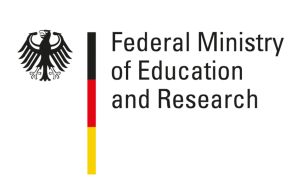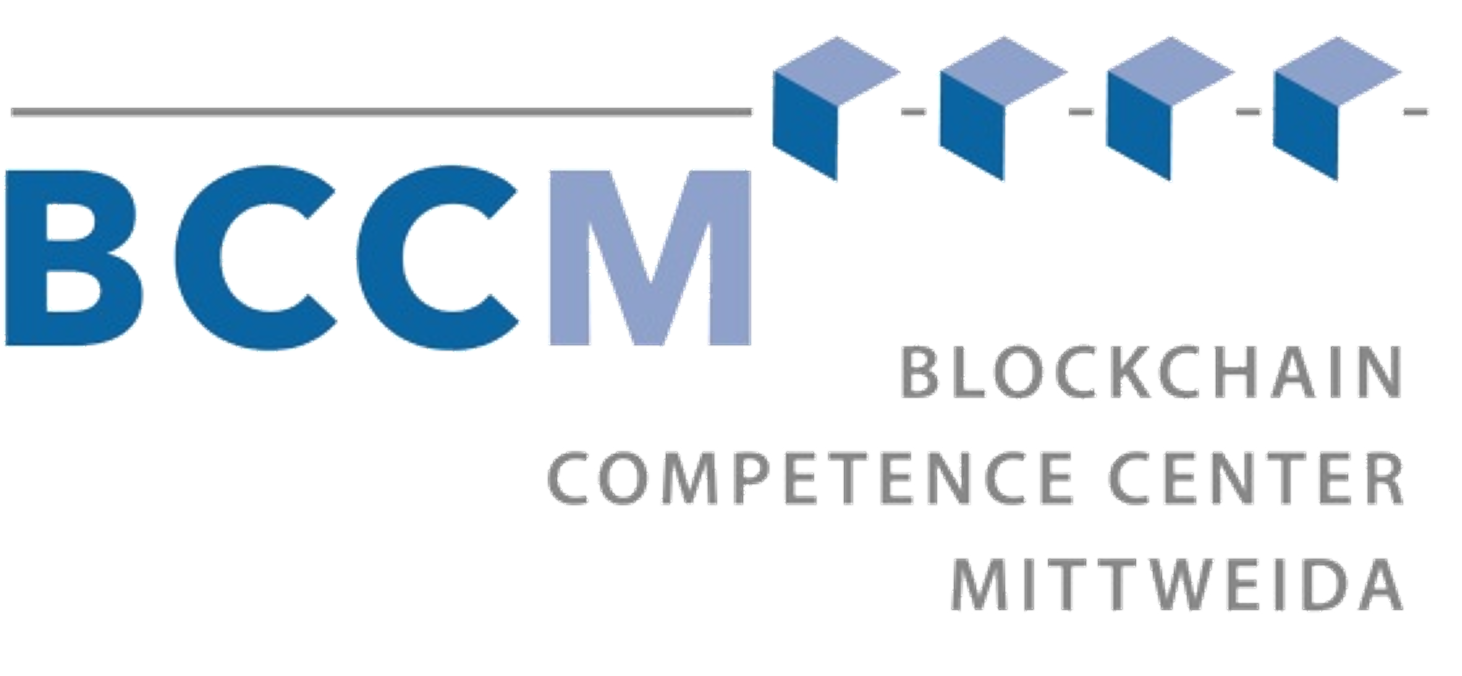

This is
Biomass plays a central role in the transition to a sustainable energy system. Yet, the complexity and variability of input materials, combined with inconsistent documentation and verification practices, create major challenges for transparency and compliance in biomass supply chains. This project, funded by the WIR! program and supported by the project management agency PtJ as part of the innovation funding of the German Federal Ministry of Education and Research (BMBF), addresses these gaps. By exploring blockchain-based Digital Product Passports, the project aims to establish tamper-proof, verifiable documentation of biomass origin, processing, and sustainability performance—paving the way for more reliable certification and enabling regulators and stakeholders to meet growing legal and environmental demands.
Distributed Systems
The energy market is inherently decentralized, with production and consumption occurring at numerous, often regional locations rather than through centralized hubs. This characteristic is particularly evident in the biomass sector, where energy generation relies on diverse, locally sourced input materials and region-specific conversion processes. However, to maintain safety, efficiency, and regulatory oversight, centralized control mechanisms are often imposed. While these are necessary, over-centralization can obstruct innovation, reduce transparency, and limit market scalability. Our project harnesses blockchain technology to align with the naturally decentralized nature of biomass value chains. By providing tamper-proof documentation, transparent transactions, and improved traceability of feedstocks and sustainability data, blockchain strengthens compliance with regulatory frameworks while enabling a more resilient, innovative, and scalable bioenergy market.
Digital Product Passport
This research project investigates how blockchain technology and Digital Product Passports can enable secure, tamper-proof, and transparent tracking of biomass along its entire lifecycle—from raw material sourcing to conversion, distribution, and final use. By leveraging decentralized data structures and cryptographic proofs, the project aims to simplify audit processes, ensure continuous compliance with legal sustainability requirements, and strengthen the credibility of biomass-based value chains. The project is funded by the WIR! alliance and supported through research and innovation programs of the German Federal Ministry of Education and Research (BMBF) and other public sponsors.

Why Blockchain?!

Empowered Through Blockchain Technology
Leveraging blockchain technology, we are developing a decentralized, tamper-proof system that ensures the verifiable tracking of hydrogen’s origin, production method, and carbon intensity. By providing an immutable and transparent record, this approach enhances trust, regulatory compliance, and sustainability within the hydrogen value chain

Optimized for Transparency and Security
We hypothesize that implementing Digital Product Passports will greatly enhance transparency and minimize fraud in the hydrogen market by enabling real-time tracking of key metrics. Early findings indicate that DPPs can streamline certification processes and facilitate cross-border trade by ensuring compliance with international standards

NTFs and Smart Contracts
We employ smart contracts, decentralized identifiers (DIDs), and non-fungible tokens (NFTs) to securely track the lifecycle of hydrogen batches and their associated sustainability data. This approach ensures immutability, transparency, and verifiability throughout the supply chain, enabling precise documentation of origin, production methods, and environmental impact.
Latest Events
BBBio Kick-off
Setting the ground work.
Research Projcet
BBBio is a research project focused on increasing transparency and traceability in biomass supply chains through blockchain-based Digital Product Passports. Starting on June 1, 2025, the project brings together partners including the Blockchain Competence Center Mittweida and Ökotec-Anlagenbau GmbH. It is funded by the WIR! program and supported by the project management agency PtJ as part of the research and innovation funding of the German Federal Ministry of Education and Research (BMBF) and other public stakeholders. BBBio aims to enable verifiable, tamper-proof documentation of biomass origin, processing, and sustainability performance to support a trustworthy and innovation-friendly bioenergy market

Mittweida University





